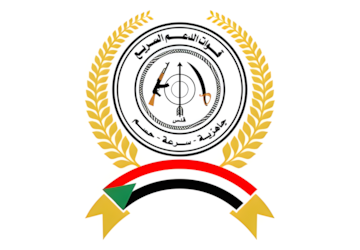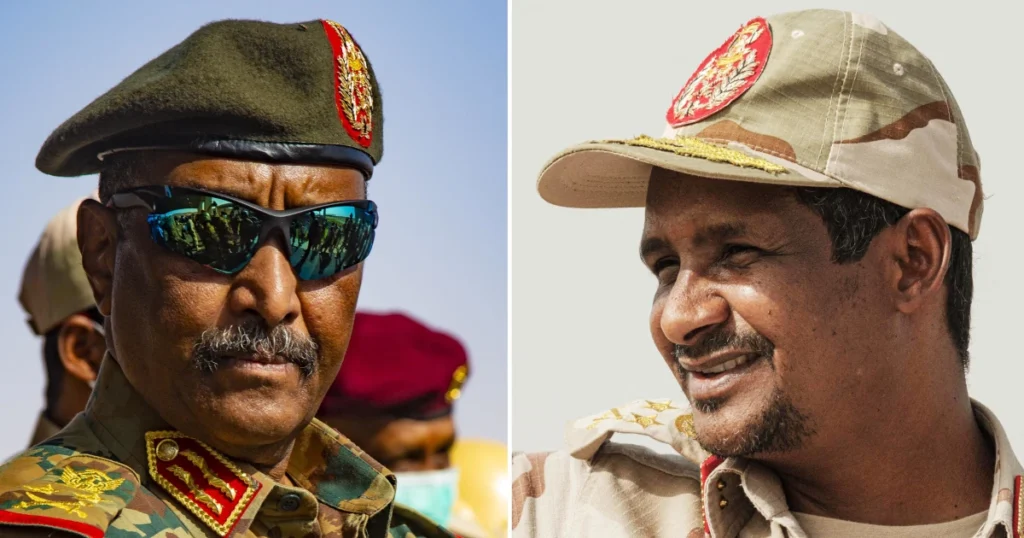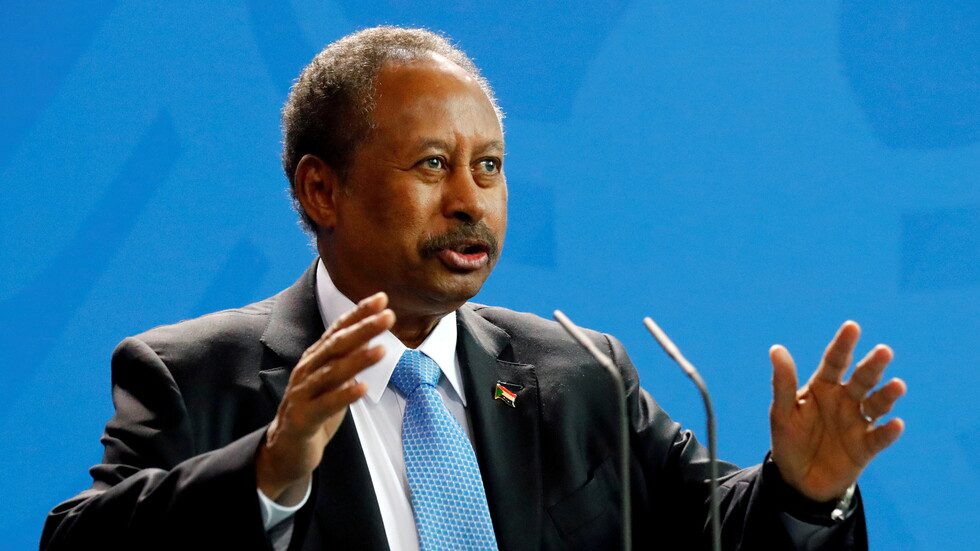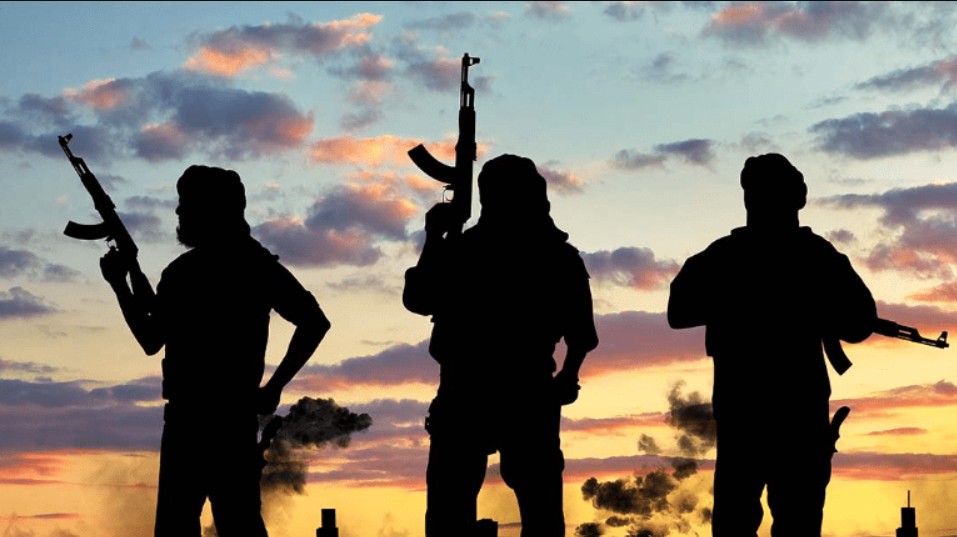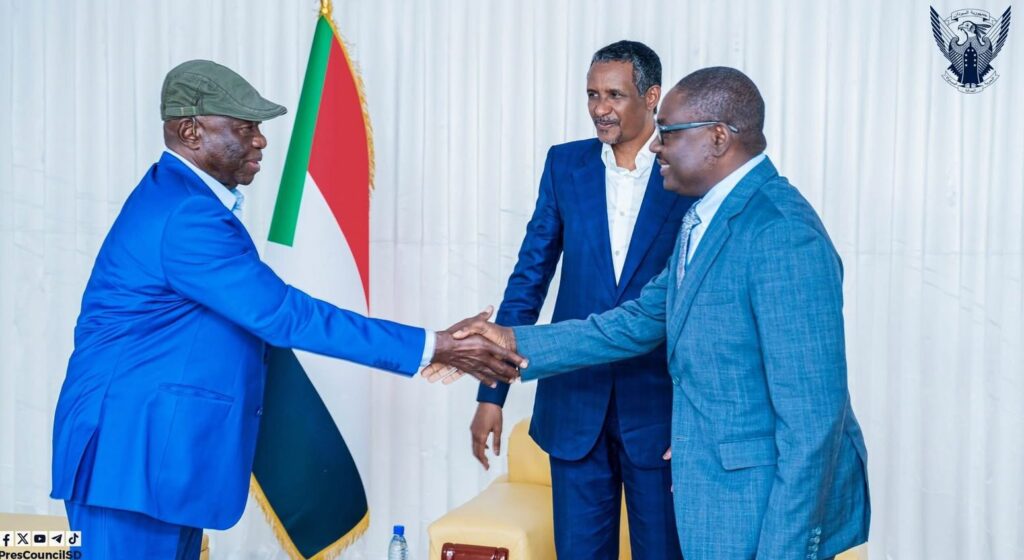
Sudan’s landmark tripartite meeting in Nyala has drawn widespread attention, not only for its symbolism but also for the formidable challenges ahead.
The convergence of Lieutenant General Mohammed Hamdan Dagalo, Abdulaziz Al-Helo, and Prime Minister Mohammed Hassan Al-Tashishi signalled a moment of unity between figures with divergent backgrounds.
Analysts described the meeting as historic, noting that consensus rather than hegemony is now being promoted as the path forward.
At its heart lies the “establishment” vision — a roadmap that commits Sudan to the following five priorities:
- End war and pursue inclusive peace.
- Rebuild democratic civil institutions.
- Address the economic crisis through transparency.
- Protect human rights and basic freedoms.
- Build balanced international and regional partnerships.
The realities of conflict remain Sudan’s deepest wound. Fighting in Darfur and Kordofan continues to fracture society, while divisions between civilian and military forces cast doubt on lasting stability.
The choice of Nyala as the venue carried its own message. Analysts said holding the gathering outside Khartoum underscored an effort to re-centre marginalised regions in Sudan’s political landscape.
Regional experts argue Sudan’s experience could shape broader debates on decentralisation and post-conflict governance across Africa and the Arab world. Success could present a model.
The tripartite meeting, therefore, stands as both a promise and a warning. Sudan’s future will depend on whether words translate into action.

